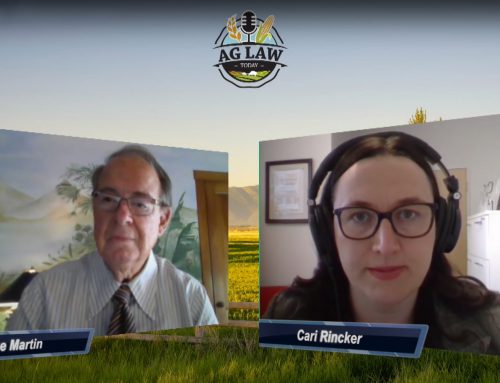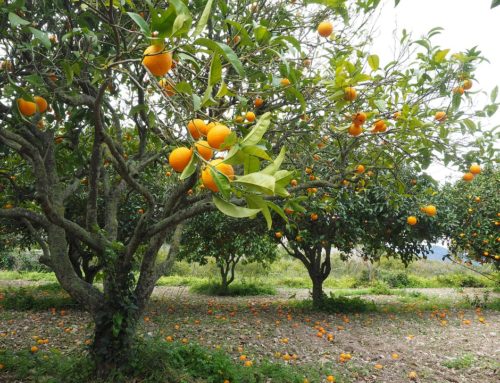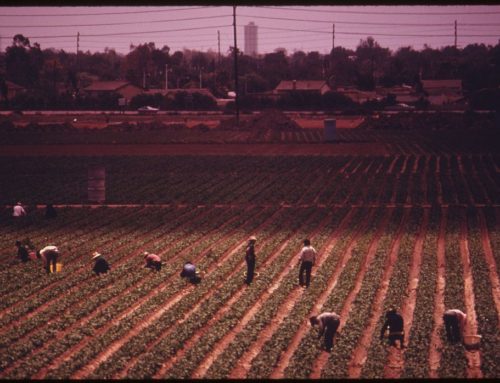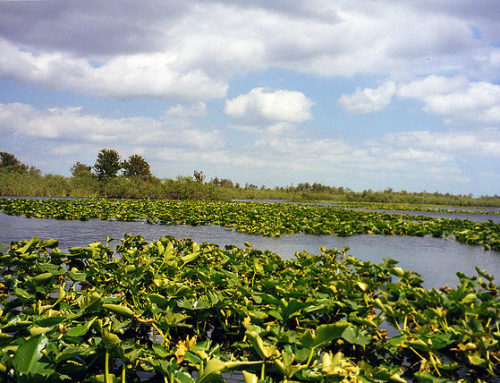Having practiced law for so many years, I can tell you one similarity among juries: they have a thirst for facts. Whether the facts are subliminal or overt, the jury is looking for something overwhelming. What drives this quest can be many things, such as being unfamiliar with the topic of the case, knowing that the outcome of the case may involve very high stakes for both parties involved, the mission to remove all reasonable doubt from their minds, or other compelling factors. Often the trial is a morality play with the legal teams as the main characters.
In my field, dealing with agriculture and environmental issues, I work to gather evidence immediately. For example, when a farmer has lost a crop, I visit the property right away to meet with the farmer and learn more about what has happened. I walk the entire area and video tape the area by walking the perimeter in an effort to demonstrate the true extent of injury. I check with neighboring growers. I rely on many resources to help determine the cause, from suppliers to an agriculture extension agent to a plant pathologist. I reach out to the local county agents and request a review of the plant injury. This period of investigation involves many more tactics to establish the cause of injury. Then, I enlist the help of a team of experts to review the evidence.
Some of the evidence we seek includes a review of the chemicals purchased and used, and any brochures, bulletins, or articles pertaining to the chemicals. It is very important for the farmers to maintain accurate records when it comes to the care of their crops. These practices will certainly be made an issue if the case goes to trial.
Often the cases I try are expert intensive and I always follow the beyond-a-reasonable-doubt-standards. As I mentioned earlier, juries seek overwhelming evidence in part because the information in the case is unfamiliar. They are seeking a clear and accurate understanding of what has happened. It is our job as attorneys to present this to them.




